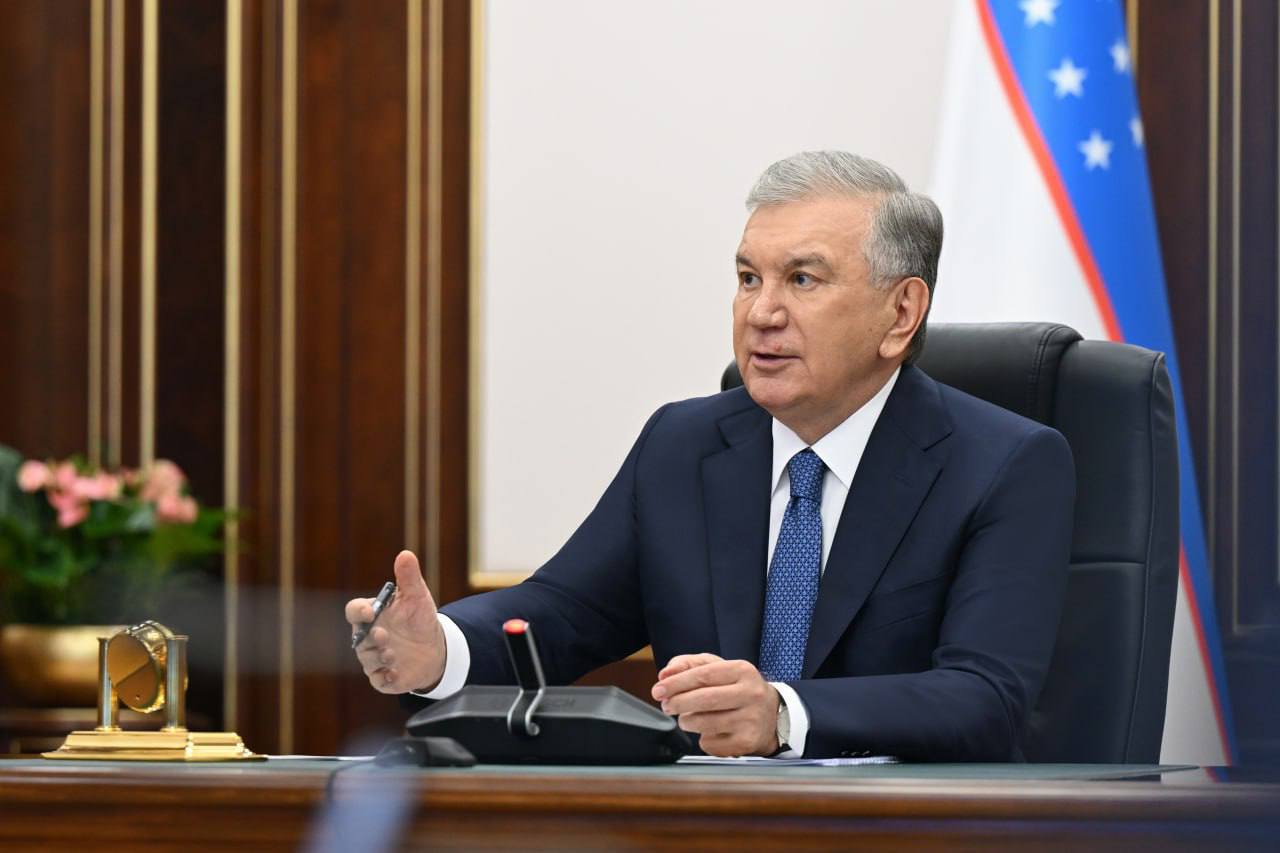Quality – the guarantee of efficiency and results
30.04.2025

Achieving efficiency and meaningful outcomes in education is possible only through a commitment to quality. As President Shavkat Mirziyoyev has clearly stated:
“Improving the quality of education is the only correct path to the development of New Uzbekistan.” Ensuring high-quality education is not only a professional duty but also a moral responsibility of every educator.
On April 30, 2025 President Mirziyoyev reviewed a presentation outlining new measures aimed at improving non-state education services, along with proposals for raising the quality of higher and vocational education in the country.
The development of various economic sectors and the investment climate are closely tied to the strength of the nation’s human capital. Consequently, the system of higher and vocational education is continuously evolving.
In recent years, thanks to expanded opportunities for the private sector in education, 71 private universities and 51 private technical schools have been established, now serving around 500,000 students. This has helped raise the higher education enrollment rate from just 9% to 42% across the country.
While this progress has opened access to education for many young people, not all non-state institutions currently meet the required standards of quality. At this critical juncture, several important observations must be made. Wherever the President travels within Uzbekistan—whatever institution or official he visits—he repeatedly emphasizes three key principles:
Quality, Efficiency, and Results.
It is clear that results and impact are directly linked to quality. As President Mirziyoyev has said: “Salvation is in education. Salvation is in knowledge. Salvation is in science.” Indeed, the only path forward for any society lies in enhancing the quality of education and moral development of its youth.
A landmark event in this regard was the national video conference held in 2023, just before the start of the academic year. Chaired by the President, the meeting focused on improving school education and setting top priorities in this field.
Tangible progress has been made:
-
Hundreds of modern schools were built in a short time,
-
The network of Presidential, creative, and specialized schools was expanded,
-
New textbooks and educational materials were developed.
As the President noted at the meeting:
“We pay special attention to improving conditions for both teachers and students and raising the quality of education.”
It is important to remember: to teach once is to learn twice. Teaching is not only a transfer of knowledge; it involves challenges, joy, and mastery of effective methods and styles. Knowing something is one thing communicating it effectively and inspiring action is something else entirely.
True educational quality depends primarily on the teacher, one who possesses:
-
Intellectual depth,
-
Mastery of modern technology,
-
A broad worldview,
-
And the ability to engage students meaningfully.
Even if an educator has:
-
Advanced degrees and certifications,
-
Foreign language skills,
-
Numerous books and articles published—
That alone does not guarantee high-quality or effective education.
What also matters greatly is the ability to:
-
Stay current with global knowledge and industry innovations,
-
Share best practices from experienced professionals,
-
And most critically—possess strong communication skills.
If a teacher lacks communicative competence, if they cannot make effective use of language and speech culture, and fail to inspire students, then the pursuit of quality education inevitably suffers.
As our observations show, many educators possess knowledge, but lack the ability to:
-
Deeply convey subject matter,
-
Integrate knowledge into the students’ understanding,
-
Apply skills through effective communication.
This disconnect ultimately undermines the effectiveness of quality education.
By Prof. Rakhimboy Jumaniyozov,
"TIIAME" National Research University
Member of the Writers’ and Journalists’ Union of Uzbekistan

